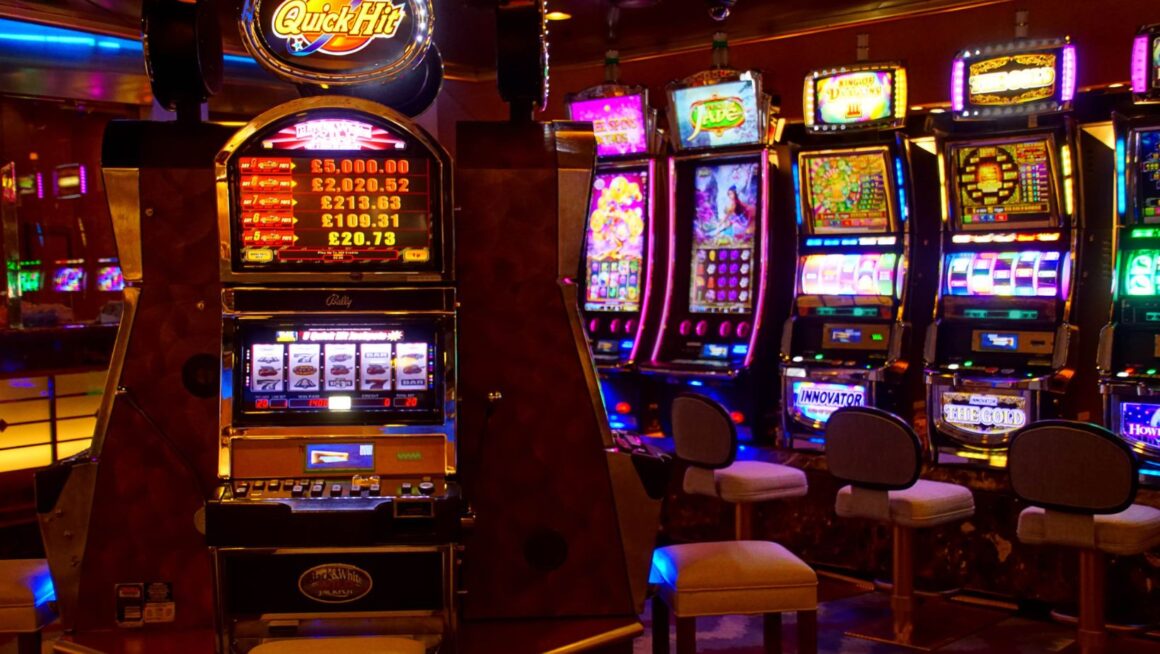Most casinos list 10+ payment methods and claim they’re all “instant and fee-free.” After tracking every deposit and withdrawal across three different payment types for a month, I learned that “fee-free” doesn’t mean cost-free. Hidden conversion charges, exchange rate margins, and processing delays add up fast.
I deposited €600 total—€200 through each method (credit card, Skrill e-wallet, Bitcoin). By the end, one method cost me an extra €47 in hidden fees alone. Here’s the breakdown of what each payment type cost beyond my gambling losses.
Payment variety matters when testing methods long-term. Online Casino Casiny supports credit cards (Visa/Mastercard), multiple e-wallets (Skrill, Neteller, MuchBetter), vouchers (Neosurf, Flexepin), and crypto options (Bitcoin, Ethereum, Litecoin, Tether) with NZ$35 minimum deposits across most methods.
Credit Cards: The “Convenient” Tax
I used my Mastercard for four deposits (€50 each, €200 total). The casino advertised zero fees. My bank had other ideas.
Hidden costs I discovered:
- Foreign transaction fee: 2.5% per deposit (€5 total across four deposits)
- Cash advance classification on one deposit: €3.50 fee plus interest charges
- Currency conversion markup: approximately 1.8% (€3.60 hidden in exchange rates)
That “free” €200 in deposits cost me €12.10 in various fees. The worst part? The cash advance classification. My bank randomly decided one of my deposits qualified as a cash advance rather than a purchase, triggering immediate interest charges at 24.9% APR until I paid off the balance.
When I withdrew €130 back to my card, processing took 4 business days. Not terrible, but longer than expected.
Critical detail: Some banks block gambling transactions entirely. My first deposit failed, required a phone call to authorize, then worked. That 15-minute support call wasn’t advertised in the “instant deposits” marketing.
E-Wallets: The Middle Ground
I used Skrill for my e-wallet test. Funded my Skrill account via bank transfer (free), then deposited €50 four times to the casino.
Costs breakdown:
- Skrill deposit fee to casino: €0 (truly free)
- Skrill withdrawal fee from casino: €0
- Currency conversion within Skrill: €1.80 (0.9% on €200)
- Bank transfer fee to get money out of Skrill: €2.50
Total fees: €4.30 on €200 transacted. Much better than cards.
The real advantage? Speed. Deposits were instant. Withdrawals hit my Skrill account in 6-12 hours, much faster than card withdrawals. Once in Skrill, I could either leave the money there for next time or transfer to my bank (for that €2.50 fee).
The e-wallet acted as a buffer between my bank and the casino, which I appreciated for privacy. My bank statements just showed “Skrill transfer”—no casino names.
Crypto: Fast but Volatile
I bought €200 worth of Bitcoin specifically for this test. Big mistake—or at least, bad timing.
The hidden cost of volatility:
- Bought Bitcoin at €42,100 per coin
- By the time I deposited (3 days later), price dropped to €40,850
- Lost €5.95 just from price movement before even gambling
Then there were the fees:
- Exchange fee to buy Bitcoin: 1.5% (€3)
- Network fee to send to casino: €2.10
- Casino processed instantly (this was genuinely impressive)
- Withdrawal back to my wallet: €1.80 network fee
- Exchange fee to sell Bitcoin back to euros: 1.5% (€2.85)
Total fees: €9.75. But factor in the volatility loss, and crypto cost me €15.70—the most expensive method I tested.

The only advantage was privacy and withdrawal speed. My Bitcoin withdrawal processed in 45 minutes. Cards took 4 days, Skrill took 9 hours. If you value speed and privacy above cost, crypto wins. If you want to minimize fees, it’s terrible.
Worth noting: If Bitcoin’s price had increased while I held it, I could have come out ahead. But relying on price appreciation to offset fees isn’t a payment strategy—it’s speculation.
The Fee Structure Nobody Explains
Every casino says “no fees” because they don’t charge fees directly. But the money moves through multiple intermediaries, each taking a cut:
Your bank → Payment processor → Casino processor → Casino
Each hop can introduce conversion fees, transaction charges, or exchange rate markups. The casino isn’t lying when they say no fees—they’re just ignoring everything happening outside their system.
Players exploring different game formats and payment methods should know that understanding types of slot machines matters as much as payment choices—classic slots suit small budgets and simpler gameplay, while video slots offer features but demand larger bankrolls for volatile mechanics.
What I Use Now
After this month-long test, I settled on e-wallets for regular play. The fees are predictable, withdrawals are fast enough (12 hours beats 4 days), and privacy is better than cards.
I avoid credit cards entirely after that cash advance incident. The risk of unexpected fees isn’t worth the convenience. Crypto works if you’re already holding it and the price is stable, but buying crypto specifically for casino deposits makes no financial sense given the combined fees.
The cheapest method? E-wallets, consistently. Load them via free bank transfer, use them for casino deposits and withdrawals, and only pay the final withdrawal fee back to your bank when you’re ready.



